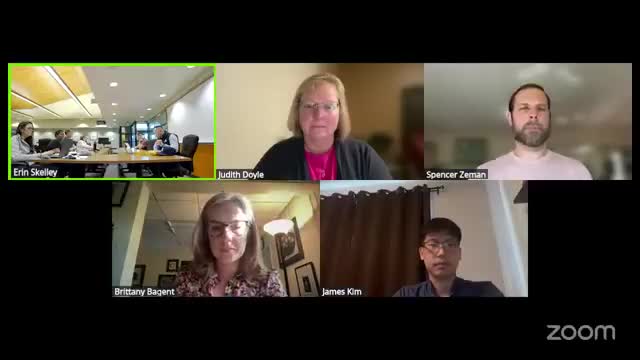Article not found
This article is no longer available. But don't worry—we've gathered other articles that discuss the same topic.

Thurston Regional Planning Council outlines interim Regional Transportation Plan update; final action expected July

Planning Commission reviews proposed change to sign code to allow political signs in certain rights-of-way

